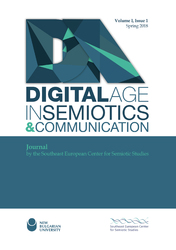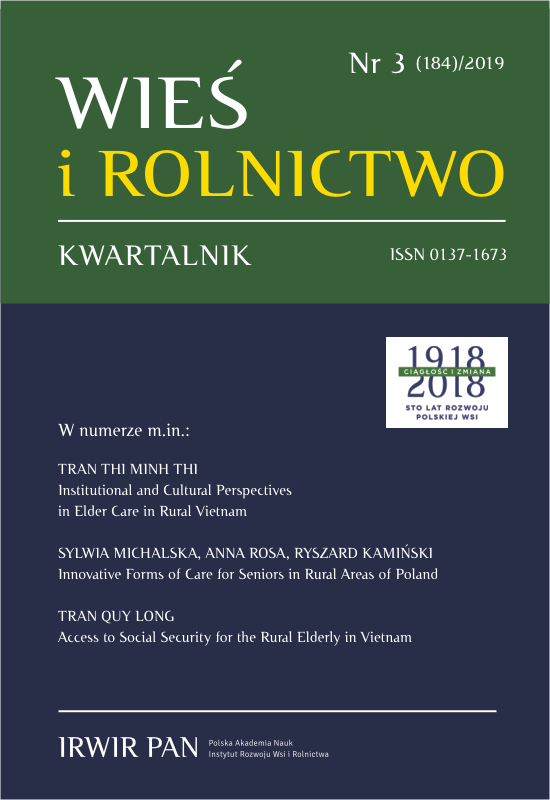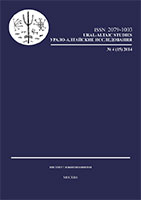
О научной деятельности Сарии Фазулловны Миржановой
In the paper the author studies Sariya F. Mirzhanova’s role in the research on the Bashkir dialectology and gives the brief overview of her studies.
More...We kindly inform you that, as long as the subject affiliation of our 300.000+ articles is in progress, you might get unsufficient or no results on your third level or second level search. In this case, please broaden your search criteria.

In the paper the author studies Sariya F. Mirzhanova’s role in the research on the Bashkir dialectology and gives the brief overview of her studies.
More...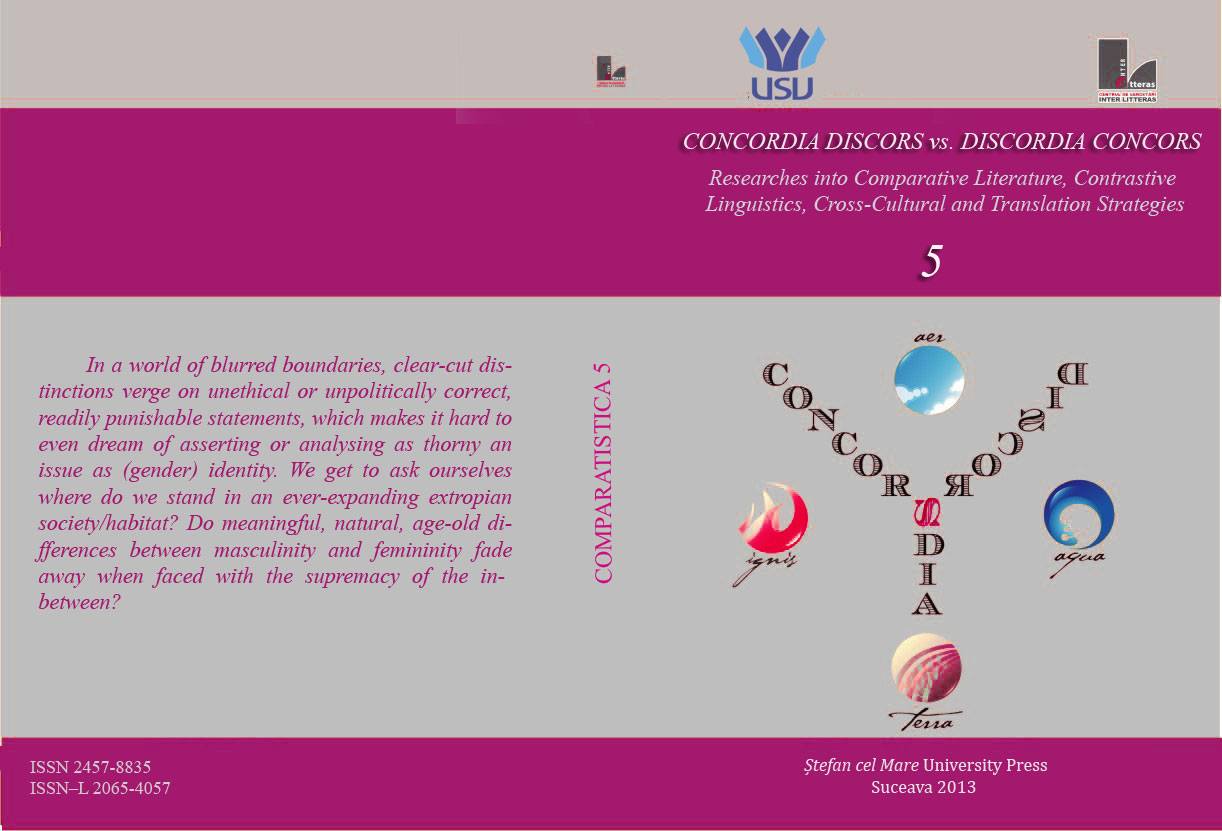
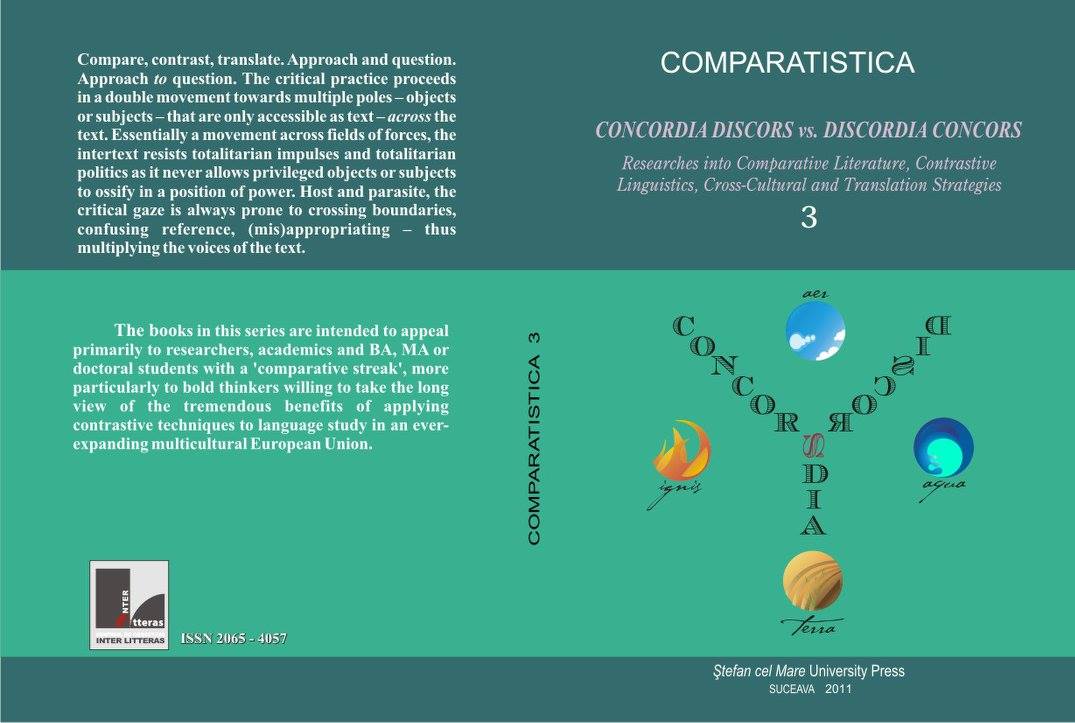

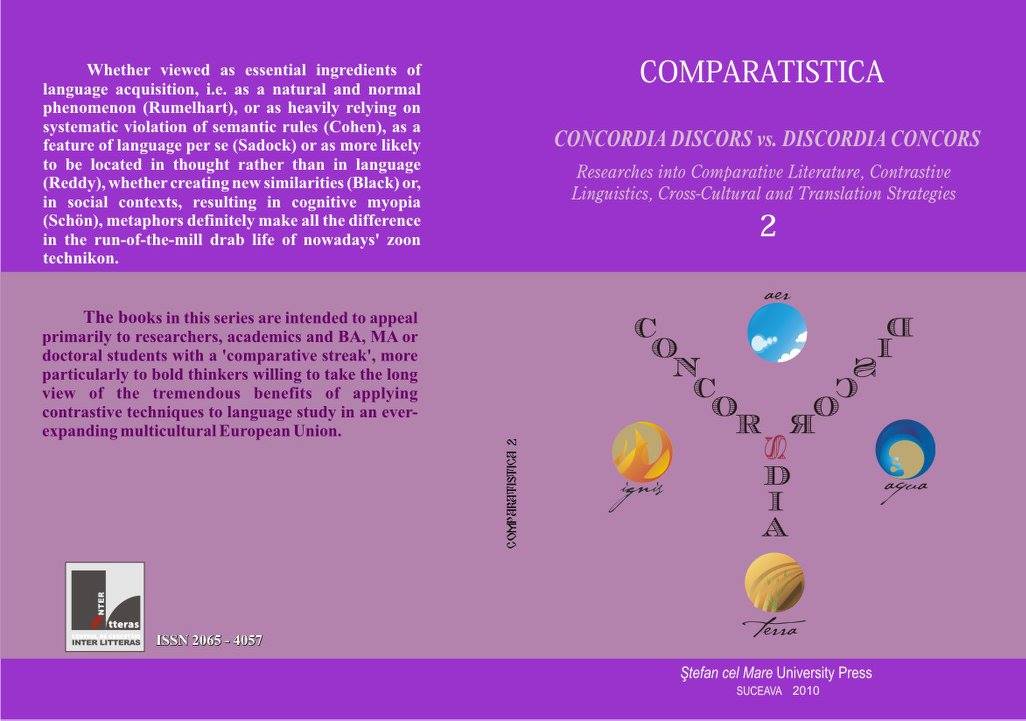



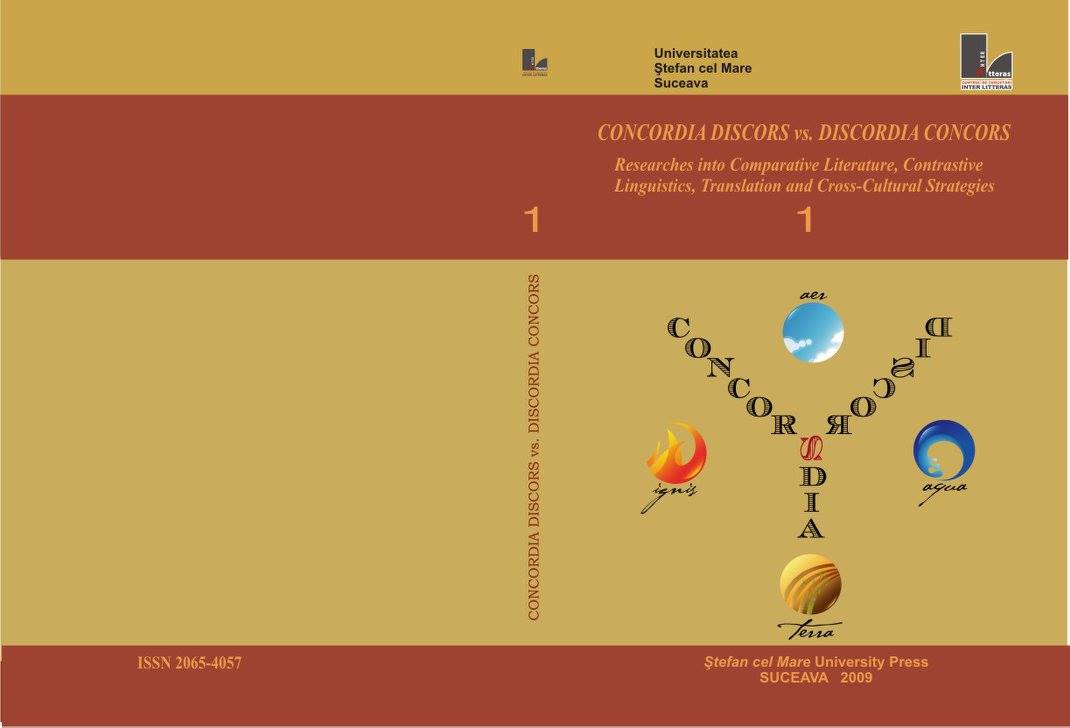
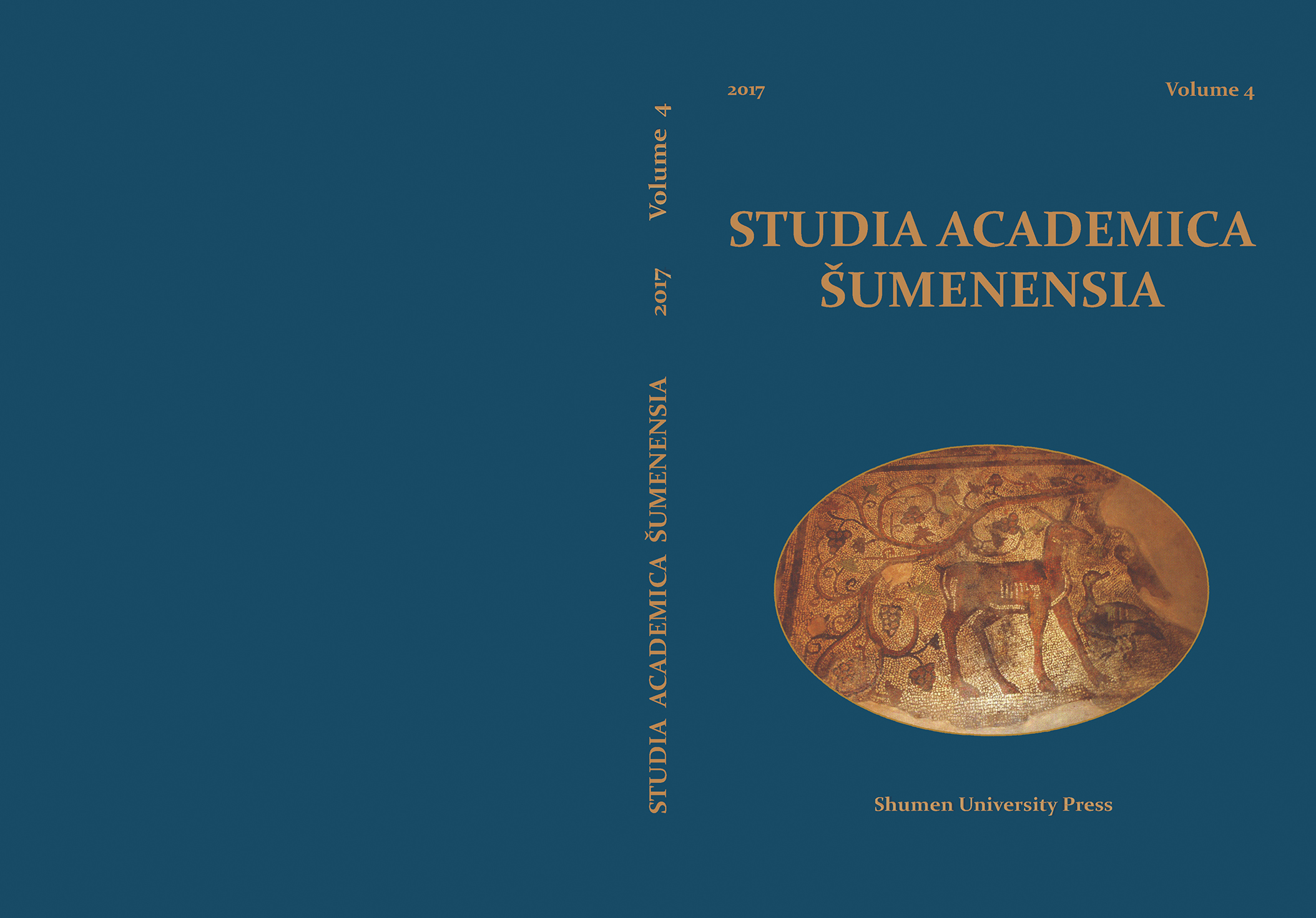
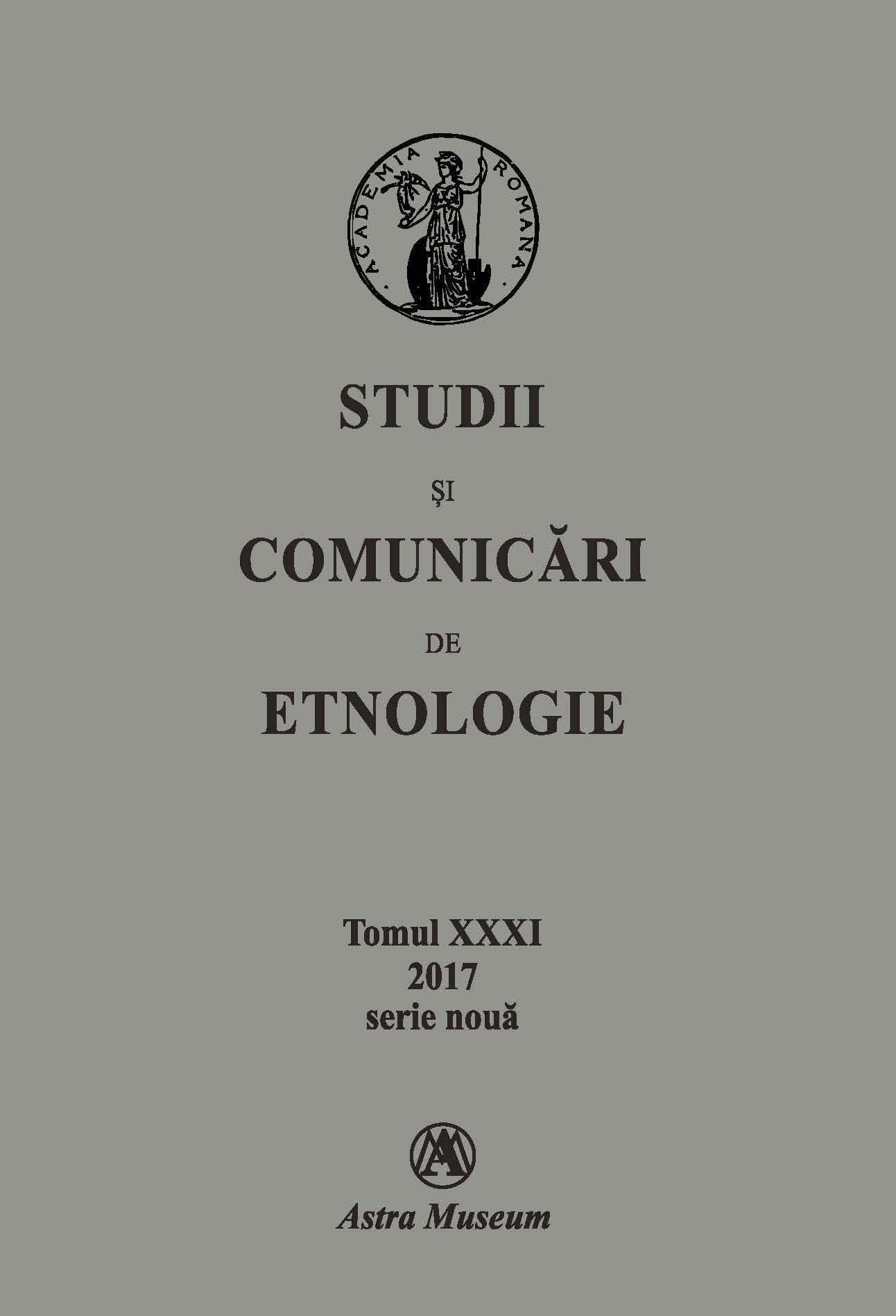
The paper approaches the debate of ethnologists and cultural anthropologists in the 1970s over the relevance of quantitative vs. qualitative methods, bringing in definitions of and distinctions between pairs of concepts like emic/etic, regard eloigné/regard partagé and objective/subjective and reaching the conclusion that all perspectives should be employed according to the purpose of research. Actually, qualitative research uses quantitative data alongside other types of data from various sources (official and private documents, objects that can „tell a story”, accounts of informants and many others). Our approach continues with a description regarding the stages of qualitative research: collection and textualization of data (the ethnographic stage) and interpretation by either text analysis or construction of models and classifications. Finally, we shall discuss several principles that validate ethnological qualitative research (significance, multi-instrumentality, replicability, the ethic principle), suggesting that a most useful methodological question of qualitative research is „Why?” because even if it doesn't trigger an answer, it leads ethnologists towards a better understanding of their object.
More...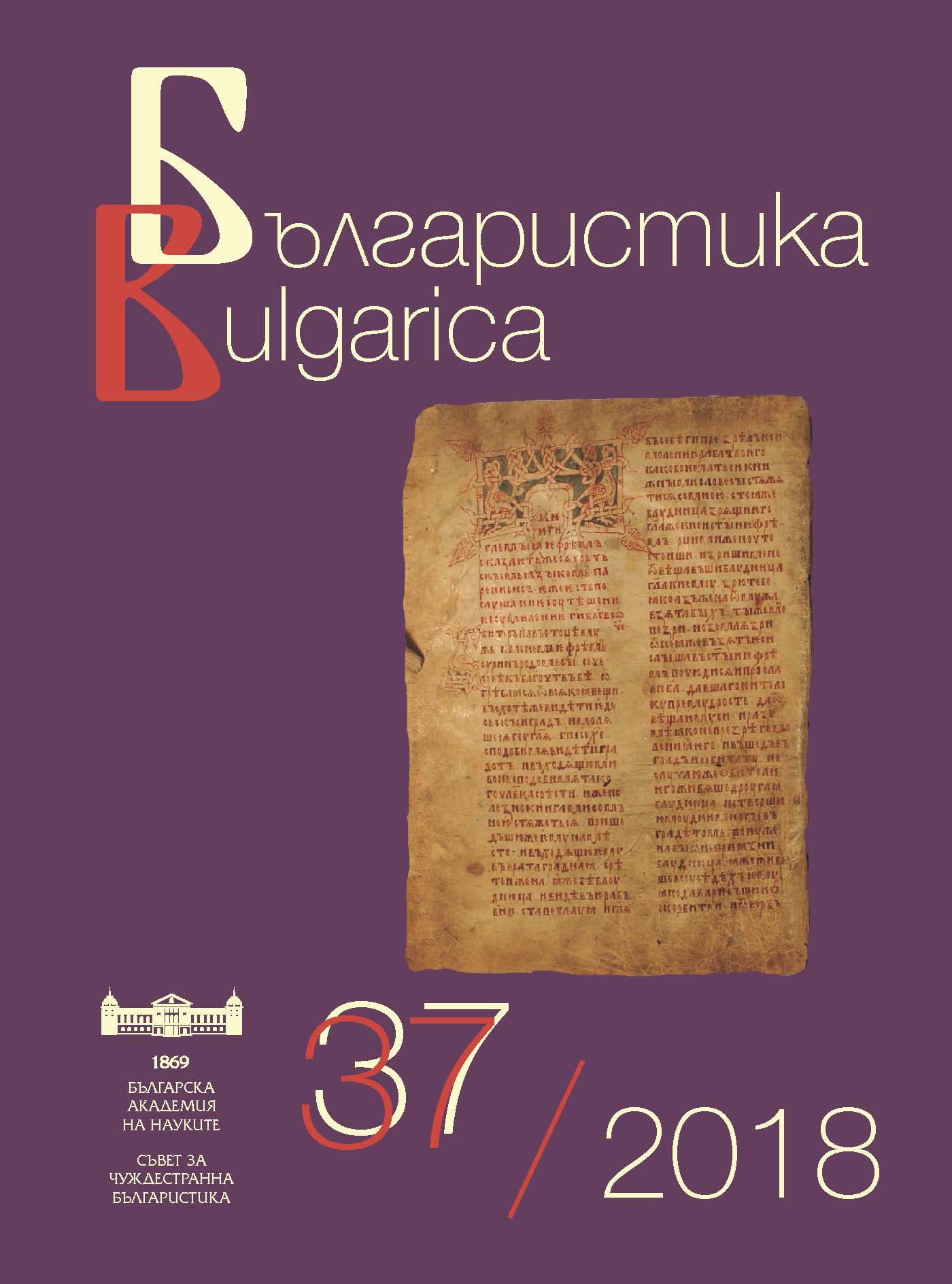
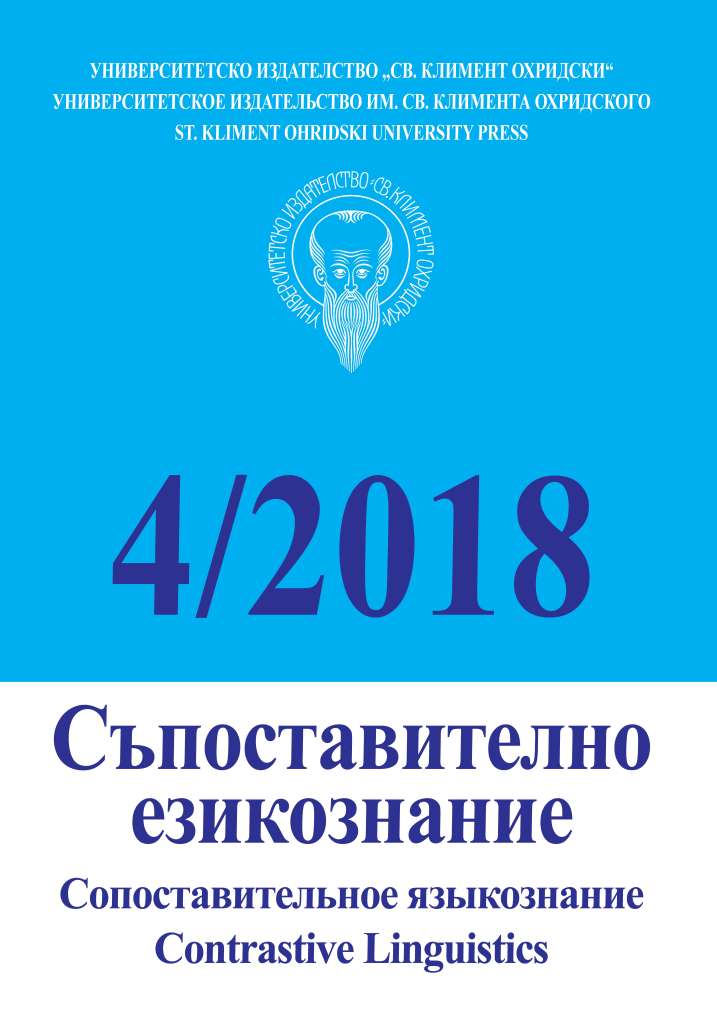

Die Veröffentlichung des Briefwechsels zwischen Ion Mușlea und den Mitarbeitern des „Folklore-Archivs” hat zu umfassenden Überlegungen zum Briefphänomen geführt, das die wissenschaftliche Recherche und deren Ansatzperspektiven entscheidend geprägt hat. Der Beitrag würdigt die Erudition und Begabung der Klausenburger Herausgeberin Cosmina Timoce-Mocanu sowie ihren wissenschaftlichen Dokumentationsaufwand.
More...
The present paper discusses an important moment in the history of the Romanian ethnology, namely the institutionalization of such researches in Cluj-Napoca by means of founding the Folklore Archives of the Romanian Academy and the Institute of Geography at the University of Cluj, from the perspective of the relationships between the main pawns in this process: the young researcher Ion Muşlea and the Professor George Vâlsan. In achieving the purposes of this project, I used both classical sources (scientific works of the two), as well as correspondence, an unedited part which Ion Muşlea and George Vâlsan have written between 1927 and 1932.
More...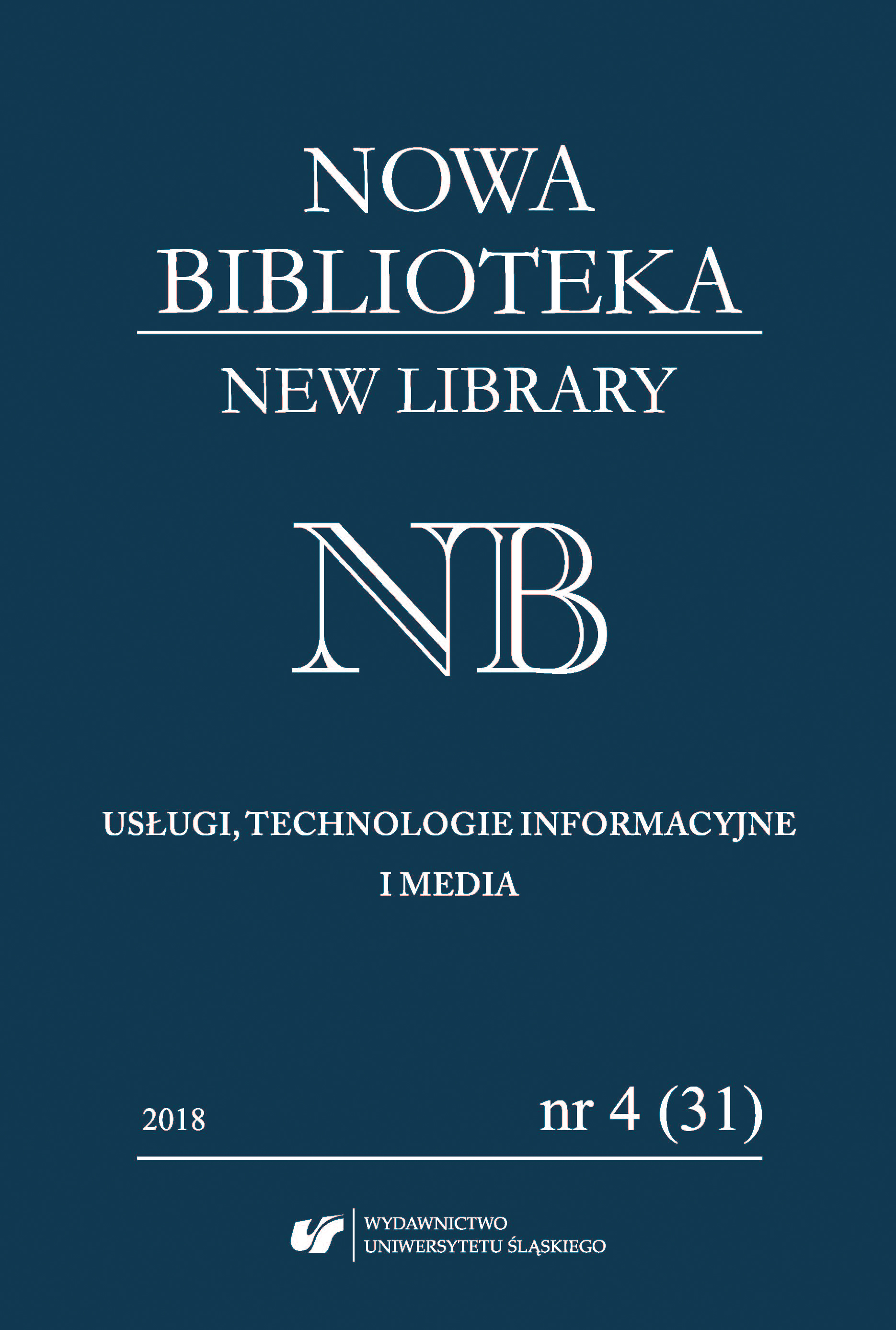
“The bibliographical guide for the teachers and the librarians of Częstochowa and its environs to the sources of regional information” has the form of a bibliographical register which contains descriptions of non-serial publications; articles published in periodicals; electronic and multimedia sources which are available in various Częstochowa-based libraries. The „Guide” was developed according to the core curriculum issued in 1999 and in 2008, and it aids teachers in the selection of sources which are of utility in regional education.
More...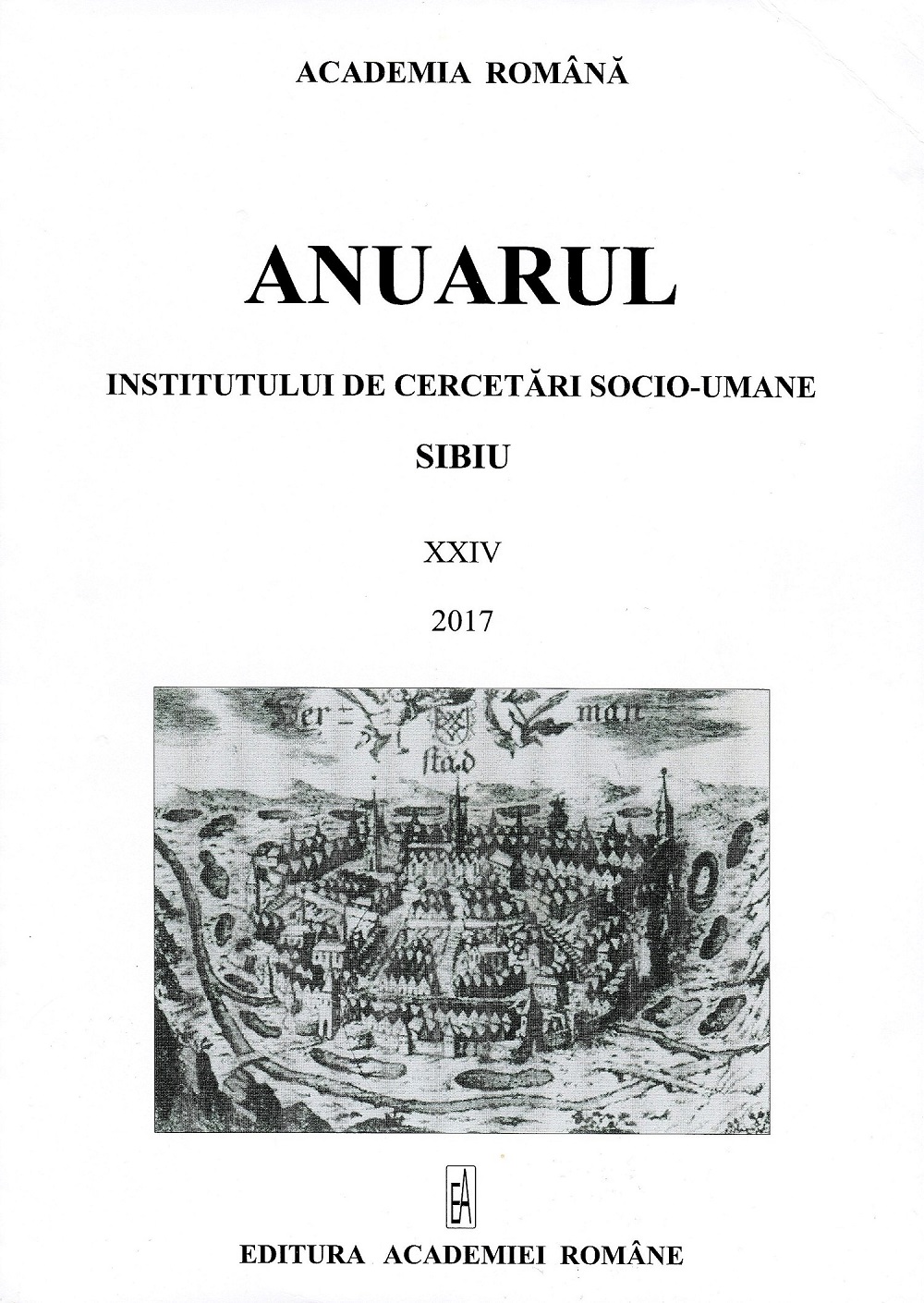
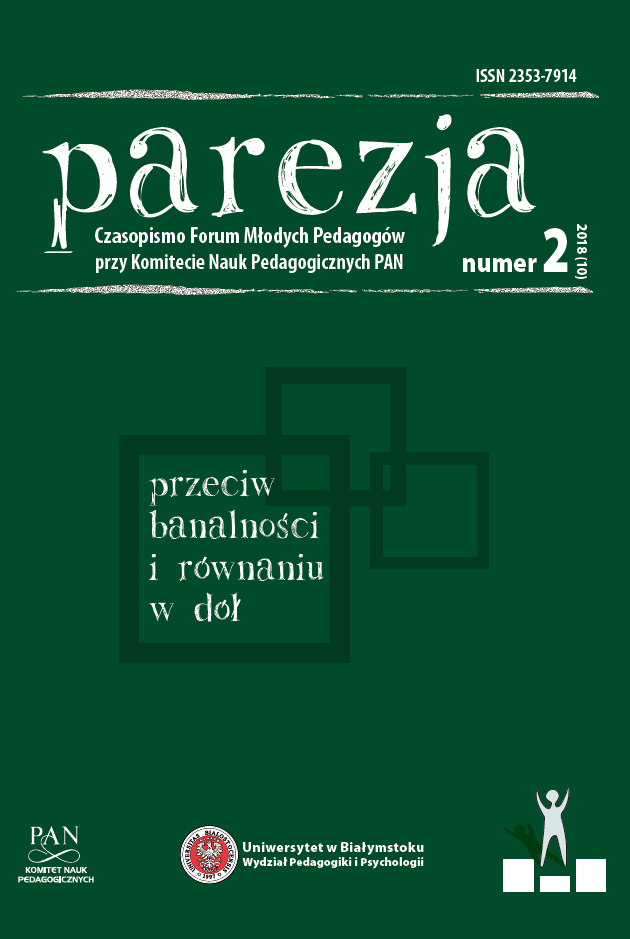
The text is a presentation of one of the volumes of “Pedagogical Yearbook”, a scientific journal that is significant in showing current pedagogical problems.
More...